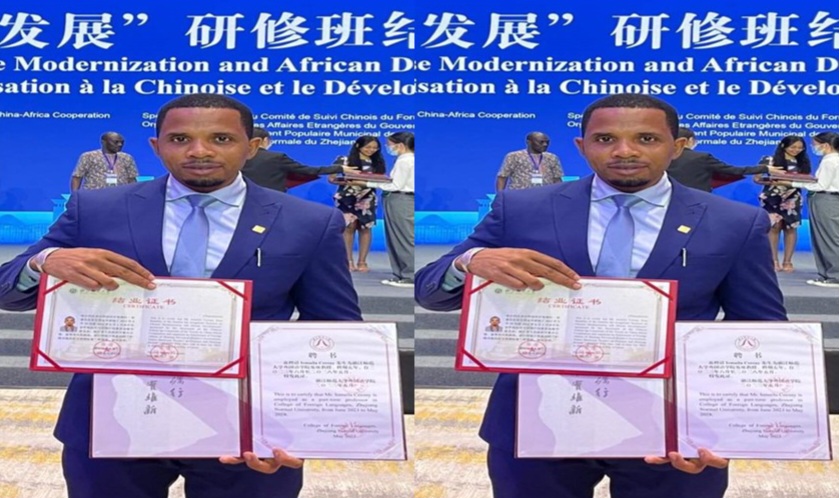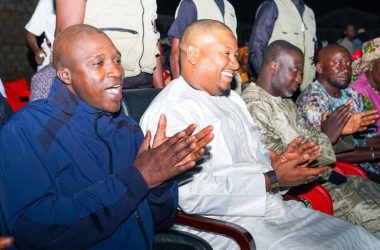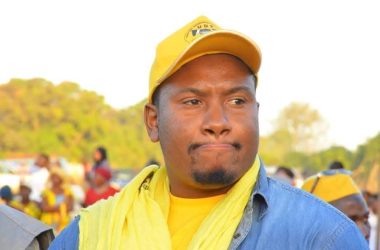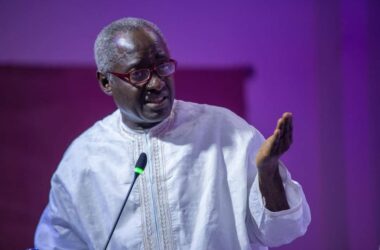In any functioning democracy, political debate is not a luxury—it’s a necessity. When politicians put forward competing ideas, they owe the public more than slogans and press statements. They owe them an honest conversation.
Dr. Ismaila Ceesay, the Minister of Information, on Tuesday stirred interest with his public remarks on governance, reform, and the opposition’s role in national discourse. He has not shied away from criticism and has positioned himself as a vocal advocate for the government’s agenda. That’s all fair game. But if his views are to be tested—and they should be—there needs to be a platform where they can meet the counterarguments head-on.
So, who will organise a debate between Dr. Ceesay and the opposition?
Political debates between high-profile figures like Dr. Ceesay and leading opposition politicians would give the public a chance to hear ideas challenged in real time. These are the kinds of moments that clarify what’s rhetoric and what’s real. Yet we’ve seen little effort from either side to make it happen.
The media has a role here. So do civil society organisations and academic institutions. If none of them are stepping up, the silence becomes part of the problem. What are we afraid of? That the audience might walk away more informed?
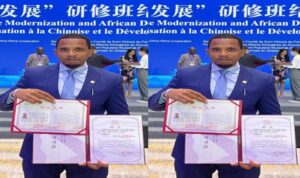
For the opposition, agreeing to a debate would show confidence in their policies and help move the conversation beyond press releases and rallies. For Dr. Ceesay, accepting such a challenge would prove that the government is open to scrutiny and dialogue—not just control of the narrative.
This isn’t about scoring points. It’s about giving citizens what they deserve: direct, accountable public discussion between those who seek to lead and those who already do.
It’s time to stop talking past each other. Let’s start debating.

